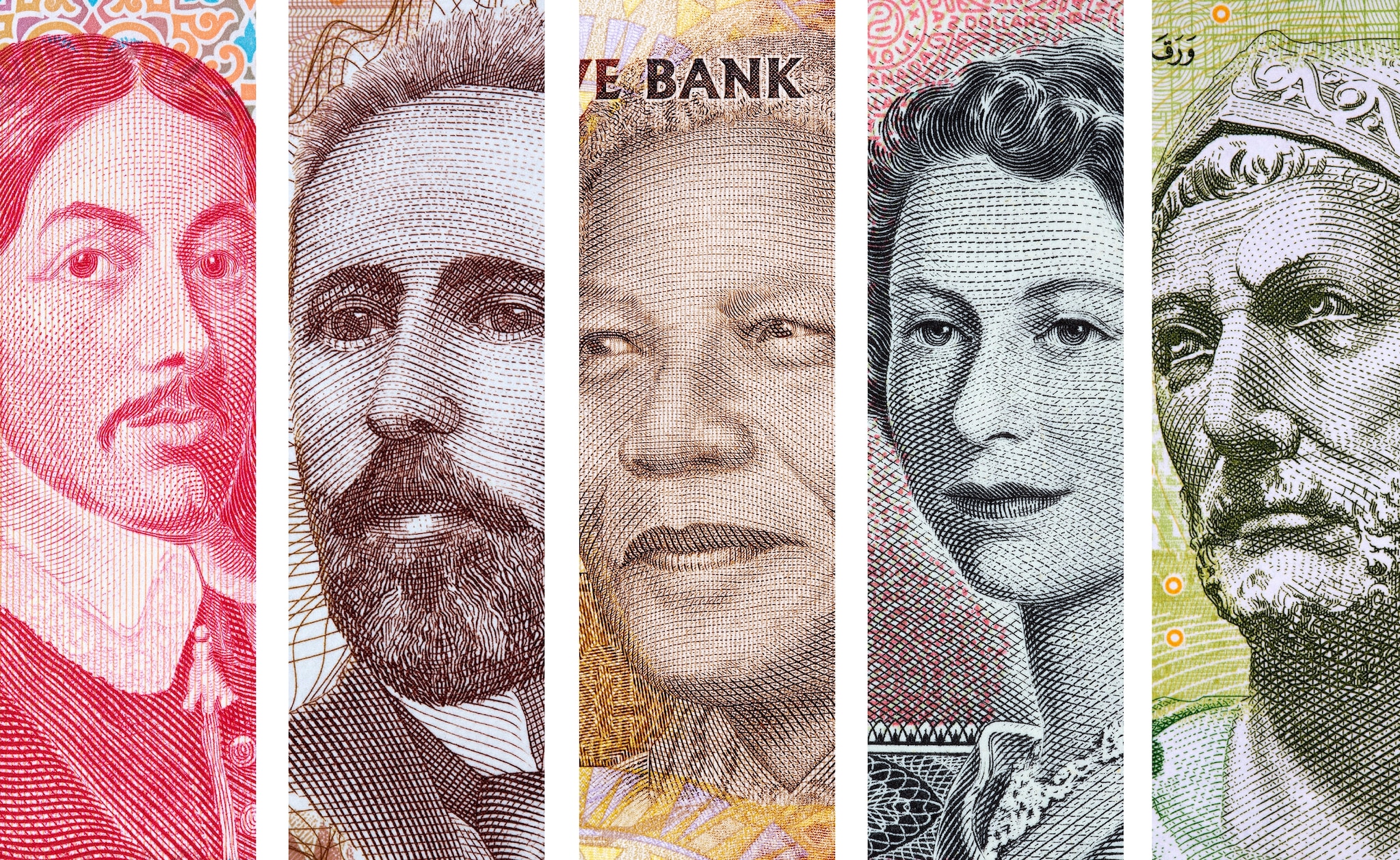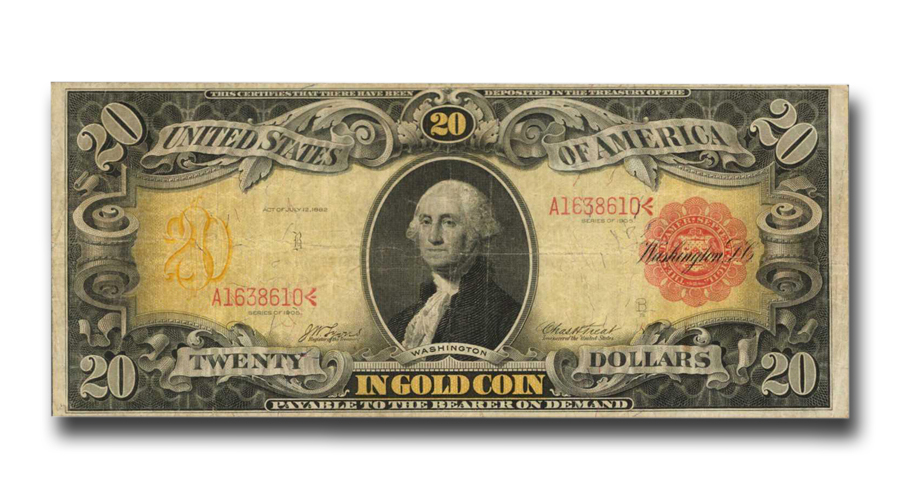Money and State¶
There is no more important problem to solve than the separation of money from state.
Power over money is power over human choice. If a state had complete power over money then there would be no limit to that state's power over those governed. Controlling what people can and cannot buy, you would barely need law enforcement; power over money would be sufficient enforcement of all human behavior and action. Even crimes of passion would become quite difficult if one couldn't buy food or water or transportation without permission.
Complete power over money would offer total totalitarianism. Such power would render us into something less than slaves, including the people managing the money. The system itself would need to be all powerful, requiring us to be obedient (in action, speech, and thought) to the monetary principalities that emerge from our own base instincts. Worse, we would know this system is corrupt and evil, but we would be unable to speak out against it.
Historically, such totalitarianism has proven impossible, collapsing under its own tyrannical fiat. As monetary technology increases -- with all the obvious benefits to humanity -- so too do we increase abuses of power by the state. The desire from the state to wield complete monetary surveillance and control -- as futile and nihilistic as this may prove -- will become irresistible and is in many ways a self-perpetuating existential crisis from the state itself (as monetary technology renders much of the state's bureaucratic controls useless to the interests of the people). We can either limit monetary technology to slow the state's destructive path, which puts our civilization on a dead end, or we separate money from state -- freeing money from the corrupting influence of the state itself.
Church and State¶
An often overlooked consequence of the establishment clause of the first amendment of the United States is that rather than liberating politics from the corrupting influence of churches, the opposite was true.
Churches, not politics, were set free.
This may run contrary to conventional wisdom, to the facade of enlightenment thinking that we arrogantly ascribe, but think about it: has the political class become less corrupt as they separated themselves from religious institutions? Or have the churches lessened their own corruption as they separated from the state, and become increasingly benign places of worship? There is much to be criticized when looking at modern churches, such as their shallow banality with no more sacredness than the strip-malls where they reside, but the inquisition they are not.
To the degree a church has been separated from state, that church has been freed of the corrupting influence of the state. In fact, it was state-controlled money that was most often the corrupting influence, not the church nor even the state. Separating money from human control, from oligarchs and autocrats, is the challenge we face.
"I care not who controls a nation’s political affairs, so long as I control her currency"
-- Mayer Amschel Rothschild
Human Nature¶
One cannot separate human nature from religion nor from money. There have been religions and money as long as there has been humans. The concepts of a store of wealth, of scarce and beautiful artifacts, what we can call proto-money, have existed in every ancient culture. Primitive forms of money are as universal as primitive, usually animistic, religions.
Fiat Money and Ancestor Worship
Look at the design of paper money and coinage. Founding fathers, kings and queens, and even the most secular and supposedly "enlightened" money designs are ostensibly a form of ancestor worship.

These animistic tokens functioned well-enough for primitive economies, but are being replaced by digital money, stripped of their animistic nature.
And rather than become a source of liberation, digital money has become a system of control, and not by mythological archetypes or even the pretense of a functioning religious system, but by mundane bureaucratic policy makers with unchecked power, parasitically feeding on the the people (people who don't even know the names of their would-be tyrant bureaucrats).
Religious beliefs, whether secular or traditional, provide a moral framework and a language with which to communicate what are otherwise transcendent concepts (such as truth, goodness, or meaning in life sufficient to bear the weight of life's suffering). We cannot escape religion, just as we cannot escape money.
Without a functioning religious belief, we inevitably fall into a crisis of meaning. And without a functioning money, we inevitably fall into servitude and debt, and eventually into starvation. We cannot escape the very human need for money.
But what we can do, is separate money from the state. That is, to set money free from the corrupting influence of the state. To once and for all end the corrupting power of seigniorage -- to relegate money to its proper place, and not as a source of power and worship.
Money and State¶
What is the ultimate fate of modern fiat, specifically, what is the fate of the petrodollar system known as USD? Of the hundreds of fiat currencies in the world; of all the unprecedented hyperinflation events occurring around the globe; the lynchpin of this entire damnable fiat money experiment is the USD petrodollar.
USD, a brief history
The USD was once backed by gold. The very definition of USD was a measure of gold. It was worth roughly $20/ounce. You can still find "double eagle" gold coins, roughly one ounce of gold, with the words, "twenty dollars", printed very clearly on the coin. Paper notes, meanwhile, were gold certificates (redeemable for gold).

In 1933, private gold was seized by the federal government through executive order 6102. A twenty dollar bill was no longer a "gold certificate" but instead a Federal Reserve note. International settlements still happened in gold, but the USD was debased to $35/ounce (extracting wealth from the American people to pay off western war debts). Later, during the Bretton Woods era (starting in 1944), the $35/ounce rate was guaranteed for all international settlements, which continued the legacy of the gold standard, albeit not available to the people of the US.
The Bretton Woods system ended in 1971 with the Nixon shock, and shortly after -- in 1974 -- the petrodollar system emerged. Fiat-funded economists proclaimed that the price of gold would drop, thinking that this would remove the monetary premium of gold. And despite the opposite happening, despite wealth transfers from productive workers to cantillon insiders, despite grotesque abuses of power and corruption, despite continuous war in oil-rich countries, despite health epidemics brought about by inflating the price of quality food, despite all the evidence of how disastrous this system has been and continues to be, not a single person was ever held to account for their role in this abject evil.
The fate of the existing fiat USD seems obvious, as fiat systems inevitably hyperinflate into oblivion. In the US we are at the brink of hyperinflation despite a shallow cover up. But in the end, people want to eat, feed their families, be healthy, live productive lives that offer a future that is worth their present suffering, oh and of course not die in a gulag or concentration camp. Freedom is a necessity, and without it systems fail. This includes the current leaders. They can't but live in the world too, and act out the very human desire for freedom and flourishing. What made civilization possible was not systems of control, but freedom to live good lives, freedom and opportunity to build your own life, a life that is worth living.
The solution to these problems (of money and state), can not be solved by the state. There are no political solutions to problems born of political interventions. The solution can only be a new form of money, superior to fiat money, and superior to gold. Bitcoin has all the properties necessary to be the solution. And while the truth of Bitcoin may take several generations to fully prove, there is no more important problem for us to solve.